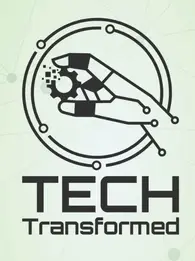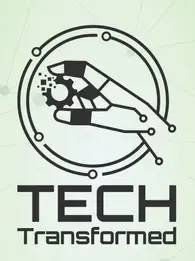
UK universities have drawn up a set of guiding principles to ensure that students and staff are AI literate, as the sector struggles to adapt teaching and testing to deal with the growing use of generative artificial intelligence.
Vice-chancellors at all 24 Russell Group universities, the long-established and high-ranking bastions of the UK's education system, have signed up to the code which they say will help their schools to capitalise on AI-related opportunities while protecting 'academic integrity'.
The announcement comes following rumours that software like ChatGPT and Google Bard would be banned in learning environments. Now, leaders in the education sector are looking to teach the use of AI appropriately, while still warning against the risk of plagiarism, bias and inaccuracy.
- Universities will support both students and staff to become AI literate
- Staff should be equipped to help students to use generative AI tools appropriately
- The sector will adapt teaching and assessment to incorporate the “ethical” use of AI and ensure equal access to it
- Universities will ensure academic integrity is upheld
- Share best practice as the technology evolves.
The five guiding principles drawn up by the UK's top universities
Dr Tim Bradshaw, the Russell Group chief executive, said: “The transformative opportunity provided by AI is huge and our universities are determined to grasp it. This statement of principles underlines our commitment to doing so in a way that benefits students and staff and protects the integrity of the high-quality education Russell Group universities provide.”
Prof Michael Grove, Deputy Pro-Vice Chancellor (education policy and standards) at the University of Birmingham, said: “The rapid rise of generative AI will mean we need to continually review and re-evaluate our assessment practices, but we should view this as an opportunity rather than a threat.
“We have an opportunity to rethink the role of assessment and how it can be used to enhance student learning and in helping students appraise their own educational gain.”












